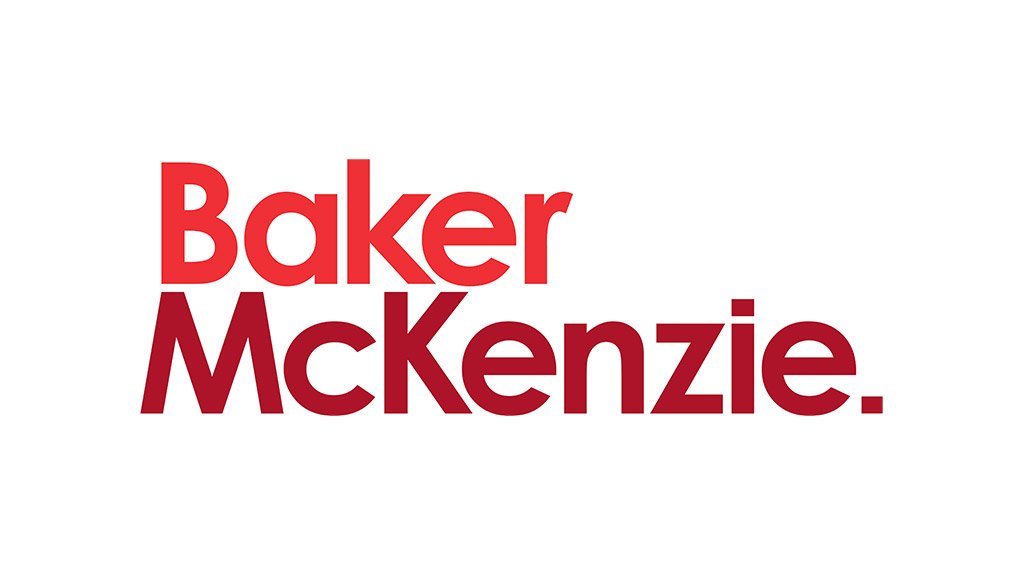The South African Revenue Service (SARS) recently issued Binding General Ruling 65 (BGR 65), which clarifies the VAT implications of rounding differences in cash transactions. It outlines the conditions under which suppliers are not required to issue credit notes and explains input tax deductions for recipient vendors.
In certain instances, customers still prefer to use cash as a form of payment rather than the myriad of electronic payment methods available. However, with the discontinuation of certain coin denominations by the South African Reserve Bank (SARB), suppliers face challenges in providing exact change for cash transactions. As a result, they have adopted the practice of rounding off the total amount due to the closest circulating coin, a practice that has become common among suppliers to avoid inconvenience and disputes with customers overs incorrect change.
In this way, when a supplier issues a tax invoice for a supply, the amount of tax on the invoice may differ from the amount levied. For instance, a customer's due amount for a purchase is ZAR 99,95, and they pay ZAR 100,00 in cash. The supplier is unable to provide five cents in change. As a result, the supplier will round the price payable to the nearest ten cents, and the new total amount due from the customer is ZAR 99,90.
This means that the agreed-upon consideration (being the amount due inclusive of VAT) has been altered. This results in the tax charged on the tax invoice being incorrect, and the supplier can claim an adjustment. The recipient vendor must also make an adjustment to reduce the input tax claimed in relation to the supply. Under the provisions of the Value Added Tax Act, 1991 ("VAT Act"), such adjustments must be properly supported by documentary evidence. In this case, the supplier should issue a credit note to reduce the previously agreed-upon consideration and corresponding VAT that must be accounted for. Considering the value of the amounts involved, the volumes of transactions, and the potential cost of issuing credit notes, it would be impractical for suppliers to issue credit notes in these instances.
The Commissioner may direct that a credit note is not necessary if sufficient records are available to establish the supply details and if it would be impractical to issue a full credit note.
BGR 65, therefore, directs that a supplier is not obligated to issue a credit note in rounded-off cash transactions provided:
- The invoice clearly indicates that due to the rounding difference, the recipient may only claim input tax to the extent of the adjusted amount.
- The supplier may only make an adjustment to the extent that the supply is subject to VAT at the standard rate of 15%.
- The supplier must retain relevant records to support the adjustment.
On the other hand, the recipient vendor may use the tax invoice issued by the supplier in support of its input tax deduction, but the deduction is limited to the adjustment amount for the cash transaction. The recipient vendor is required to do a reasonable split for purposes of deducting input tax on goods or services to which different tax rates apply.
In summary, suppliers are not required to issue a credit note in order to adjust the output tax to be accounted for, where amounts are rounded off to the nearest coin denomination. Recipients must limit their input tax deduction to the amount paid and not claim VAT on the full amount of consideration charged. Both suppliers and recipients must comply with the documentary requirements set out in the VAT Act.
To access the full ruling, click here.
Written by Landise Banzana, Candidate Attorney, and Jana Krause, Tax Counsel, Baker McKenzie Johannesburg.
EMAIL THIS ARTICLE SAVE THIS ARTICLE ARTICLE ENQUIRY
To subscribe email subscriptions@creamermedia.co.za or click here
To advertise email advertising@creamermedia.co.za or click here











